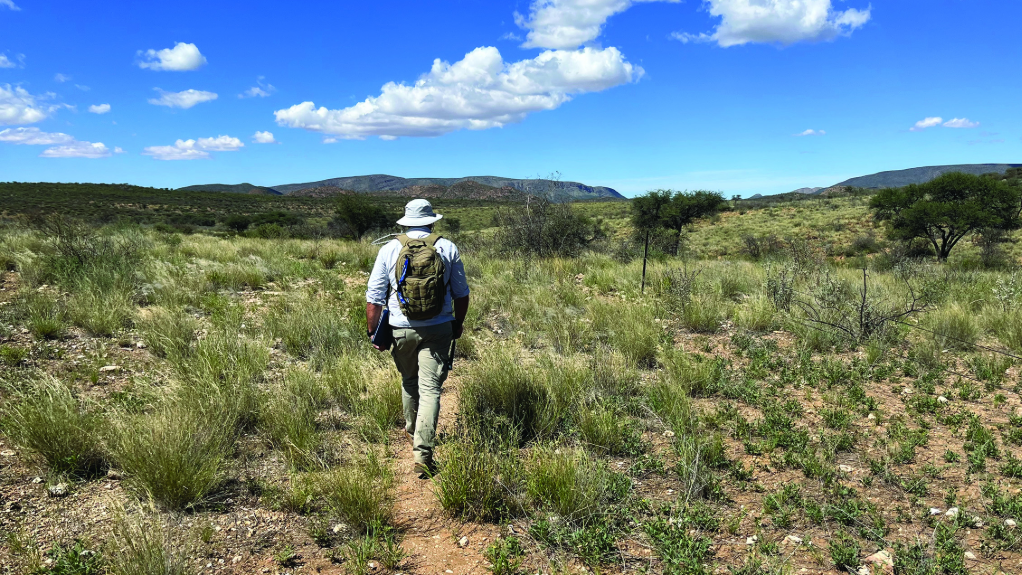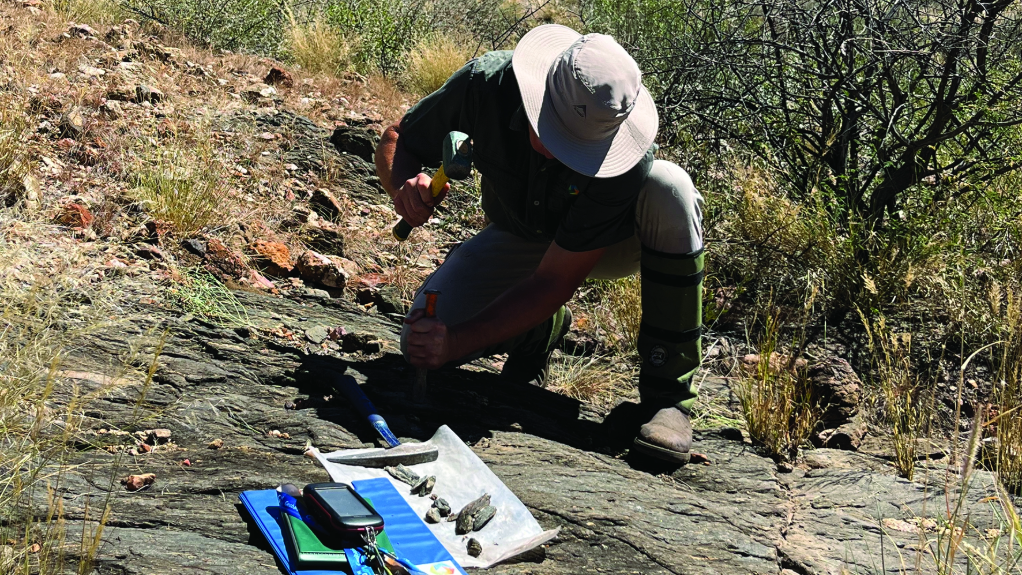Amid growing global demand for critical minerals, such as lithium, graphite, manganese and iron, Zimbabwe is increasingly becoming a focal point for mining activities, says mining consultancy Minrom CEO Oscar van Antwerpen.
The country’s strategic location – particularly its accessibility to the east coast of Africa, through Mozambique, for exports – positions it favourably in the global market, he says.
With its extensive experience in East Africa, Minrom has been actively involved in various mining projects across Zimbabwe, Zambia, Tanzania and Kenya. Minrom has also worked in the Democratic Republic of Congo, Botswana, Namibia and South Africa.
“We have built a solid track record in managing lithium, tantalum, tin, gold, graphite, manganese, rare earth elements, and iron projects, and have been instrumental in unlocking the value of Zimbabwe’s mineral resources.”
Van Antwerpen adds that the surge in demand for metals has led to a corresponding increase in mining activities in Zimbabwe, noting that Minrom has been well-positioned to support emerging and established mining operators in the region.
Demand for beneficiation equipment has also increased, with the company stepping in to provide the necessary technical expertise and support to ensure that these operations run smoothly.
The company is involved in several significant projects, with Van Antwerpen stressing that technological advancement, particularly in understanding the resource base, ore quality and characteristics, enables the development and implementation of beneficiation technologies, mine design and engineering.
From a local economy perspective, mining plays a critical role in Zimbabwe’s economy, particularly in terms of job creation and local development.
Beyond the immediate employment opportunities in the mining sector, Van Antwerpen adds that the drive towards bolstering beneficiation has spurred the growth of a supporting engineering and project construction industry.
“This development has, in turn, fuelled further investments in water and power infrastructure, skills development and value add, all of which are vital for sustaining the mining sector’s growth.”
Considering that the global push towards renewable energy and green technologies has sparked a significant demand for battery minerals, consequently driving the need for high-grade, clean iron-ore to support low-emission steelmaking processes, Van Antwerpen says the growth in the mining industry is being further fuelled by the green revolution in Europe, alongside China’s continued demand for raw materials.
Challenges, Opportunities
Recent geopolitical factors have also played a significant role in shaping Zimbabwe’s mining landscape such as the influx of investment from Chinese metal consumers and battery manufacturers, leading to rapid development in the sector.
However, this has also highlighted the need for further skills development among Zimbabwean workers to ensure that they can fully participate in, and benefit from, this growth and add internal value through beneficiation.
Regulatory challenges remain a concern for the industry, particularly with the introduction of beneficiation taxes on raw commodity exports.
These taxes have incentivised the development of value-added processing in the country and, Van Antwerpen says they have also increased the demand for plant and metallurgical equipment.
This has created challenges and opportunities for companies, such as Minrom, which are well-equipped to navigate the evolving regulatory environment, he explains.
As such, attracting investment remains a priority for Zimbabwe’s mining sector. Minrom plays a key role in this landscape, as its expertise in preparing and presenting qualified reports and investment proposals has made it an attractive technical partner for project owners, enthuses Van Antwerpen.
“Despite the challenges in attracting foreign investment, Zimbabwe is making strides to change investor perceptions, and Minrom’s contributions are central to these efforts,” he adds.
Environmental and regulatory issues are also top of mind for Minrom.
Van Antwerpen notes that the company adheres to globally-standardised environmental regulatory practices covering all stages of mining – from exploration, and mine and plant construction, to minerals extraction and mine rehabilitation.
Further, Minrom is committed to supporting skills transfer and development among local Zimbabwean students, scholars and miners, ensuring that the benefits of mining extend beyond immediate economic gains.
In response to some of these challenges, the company is leveraging innovative technologies and solutions, and is developing deep learning models specifically customised to exploring critical metals, alongside specialised metallurgical and project management skills.
Van Antwerpen says these advancements enable the company to synthesise geological data into actionable insights, helping project developers advance through the different stages of project implementation.
“By applying the latest exploration technologies and methodologies, we aim to unlock further value within Zimbabwe’s mining sector,” he concludes.
Edited by: Donna Slater
Features Deputy Editor and Chief Photographer
EMAIL THIS ARTICLE SAVE THIS ARTICLE
ARTICLE ENQUIRY
To subscribe email subscriptions@creamermedia.co.za or click here
To advertise email advertising@creamermedia.co.za or click here















